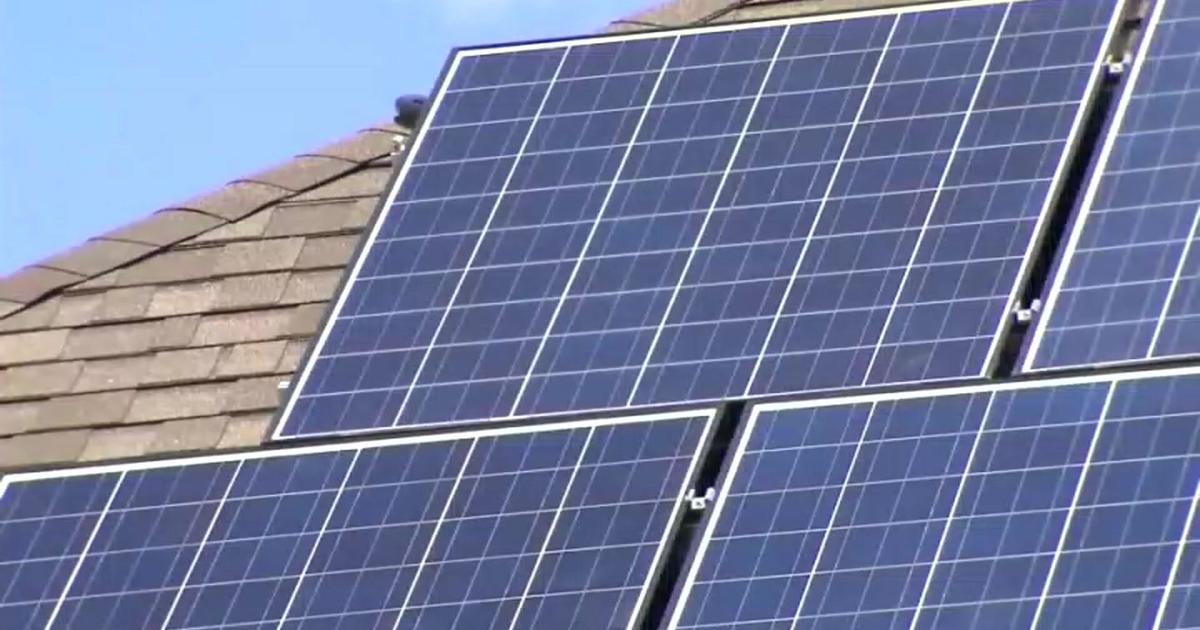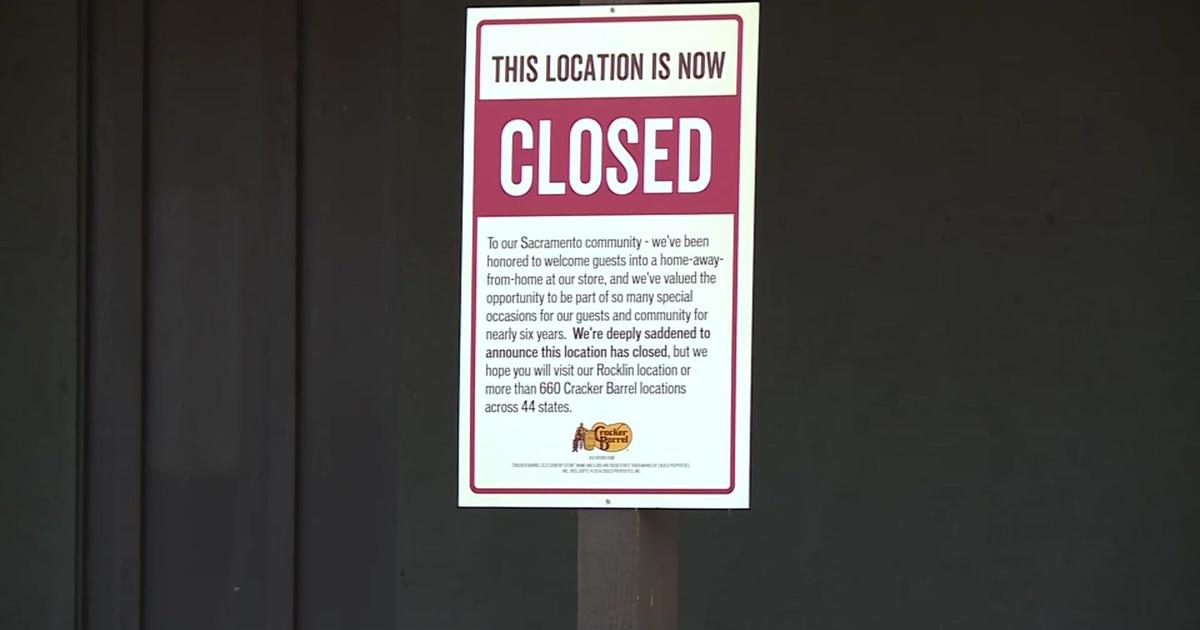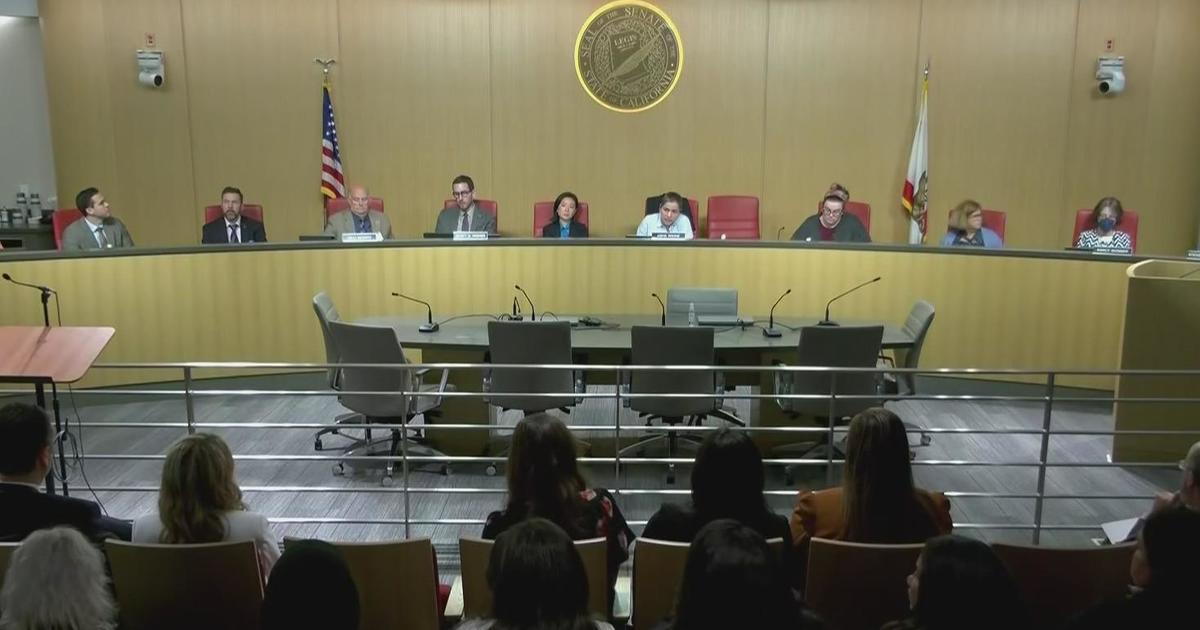Last-Minute Solar Deal In California Budget Draws Criticism From Both Parties
SACRAMENTO, Calif. (AP) - The last thing lawmakers did as they passed California's $108 billion general fund budget this week was take up a mysterious tax break for the solar industry.
SB871, which extends a property tax for solar credits through 2024, was never heard by a regular policy committee and the public had little chance to provide input before the Democratic Legislature rammed it through last weekend.
The current tax benefit is not even set to expire, or "sunset," until 2017.
Several lawmakers from both parties criticized the process, and a coalition representing other alternative energy industries called Wednesday for Gov. Jerry Brown to veto the extension when he signs the rest of the budget in coming days.
"We're taking it up 2 ½ years before it expires," said Senate Minority Leader Bob Huff, R-Diamond Bar, as lawmakers approved the measure Sunday night. "Now, I enjoy a good sunset, but we're like at noon here. So, for that reason alone, I'm going to vote no."
The measure first surfaced when it was briefly mentioned as lawmakers met last week to negotiate the details of the main budget bills.
Assemblyman Wesley Chesbro, D-Arcata, was among the critics when it reappeared as lawmakers' last order of business in passing the budget.
"I think it needs to be decided through a public and transparent process where members had a chance to have those arguments played out," said Chesbro, who was among five Assembly Democrats who voted against the bill. Despite their opposition, it passed and was sent to the Democratic governor with wide bipartisan support.
The proposal did not come from Brown's administration, but the administration supported the extension, said H.D. Palmer, spokesman for the Department of Finance.
Legislators said the measure wasn't theirs, either, until Sen. Mark Leno, D-San Francisco, acknowledged ownership Wednesday in an interview with The Associated Press.
Leno, chairman of the Senate budget committee, said he'd intended that the extension go through the normal budget process, but he created a separate bill at the last minute after a regular budget committee failed to take up the tax exemption.
He said the existing exemption has created tens of thousands of jobs, helped the state with its goal of having a million solar rooftops, reduced greenhouse gas emissions and limited increases on property taxes for residential property owners.
Other alternative energy groups, including the California Wind Energy Association, Geothermal Energy Association and California Biomass Energy Alliance, said the tax break unfairly benefits one renewable energy technology. The solar industry is doing well, they said, while alternatives flounder.
The measure was backed by solar and building industry associations including the Solar Energy Industries Association and Large-Scale Solar Association, both of which include representatives from solar installer SolarCity.
SolarCity chairman Elon Musk is also a founder and CEO of the electric vehicle maker Tesla Motors, which is planning to build a $5 billion factory to supply batteries for its cars.
Campaign records show that solar power companies and a building industry association backing the tax break contributed $11,500 last year to Leno's lieutenant governor account for 2018, when he is termed out of the Senate. Of that, $1,000 came from SolarCity.
SolarCity spokeswoman Molly Canales did not return a telephone message seeking comment Wednesday night.
California is among several states seeking to land the factory, but Leno said the solar bill was not intended to court Musk's favor.
"That would be a very clever idea, but that was not in my mind at all," Leno said.
Copyright 2014 The Associated Press.



